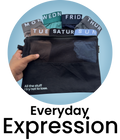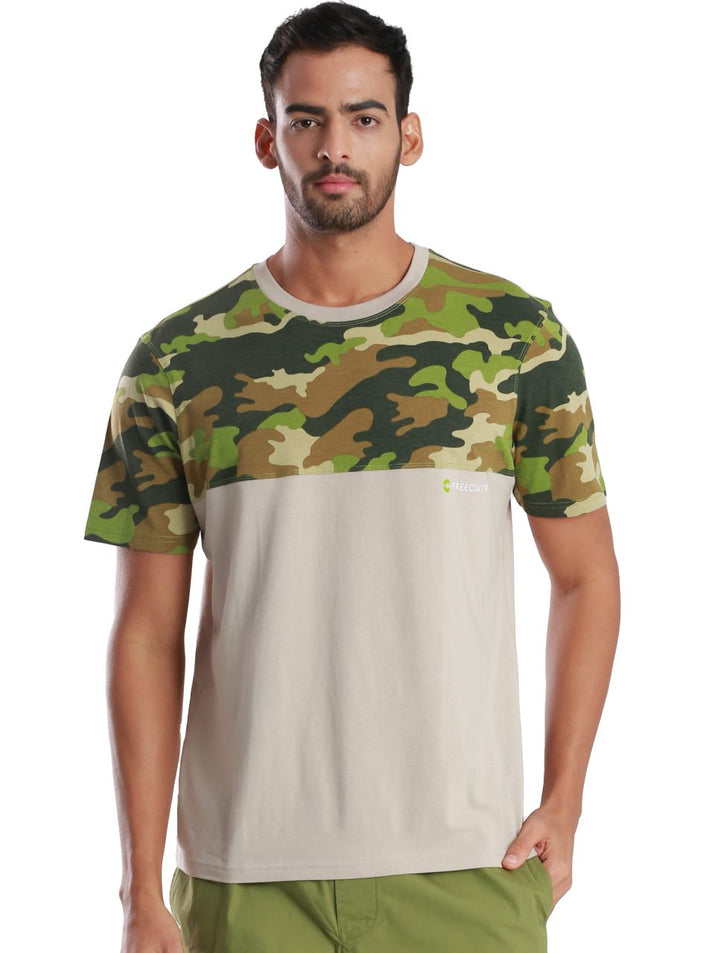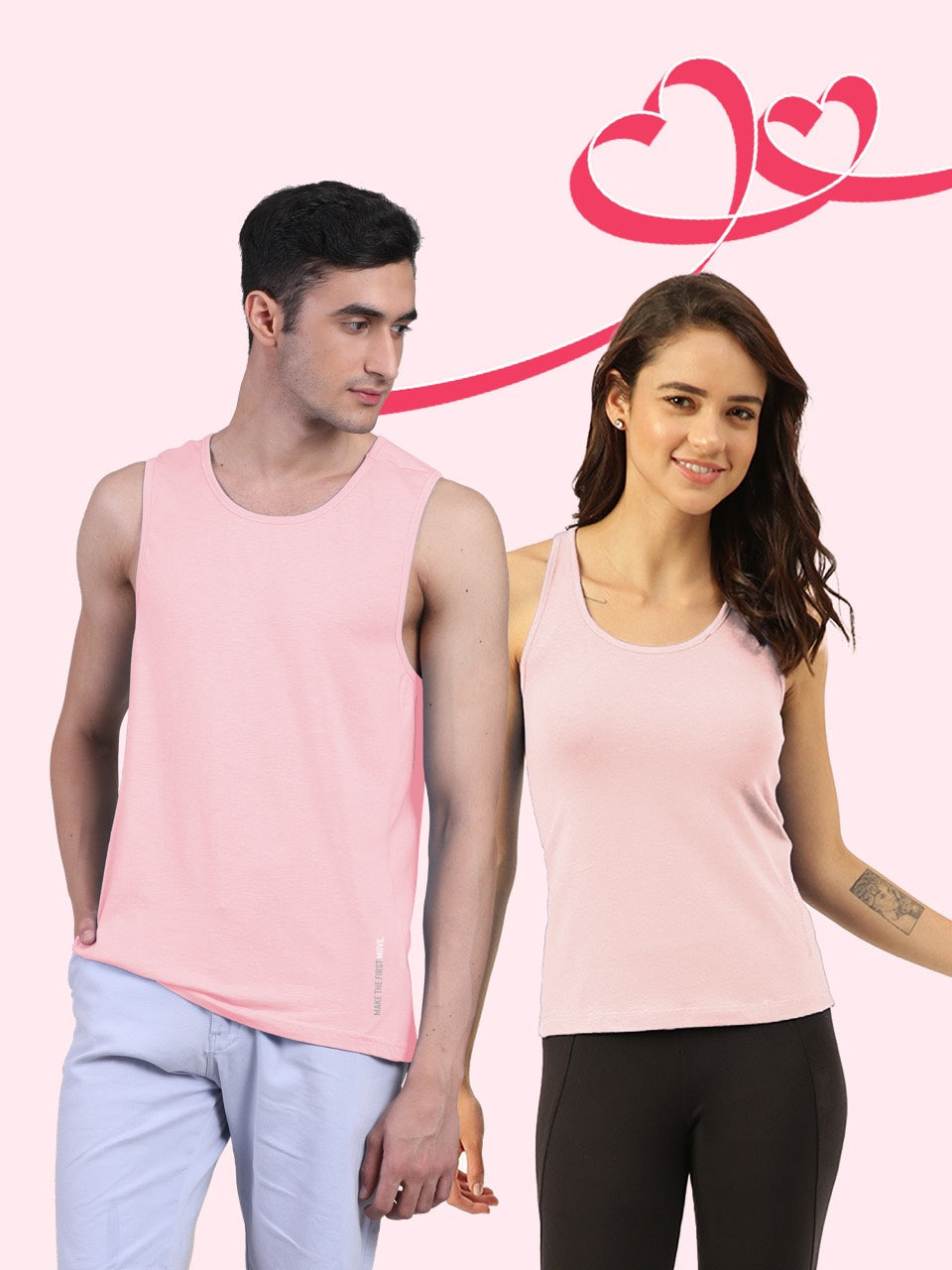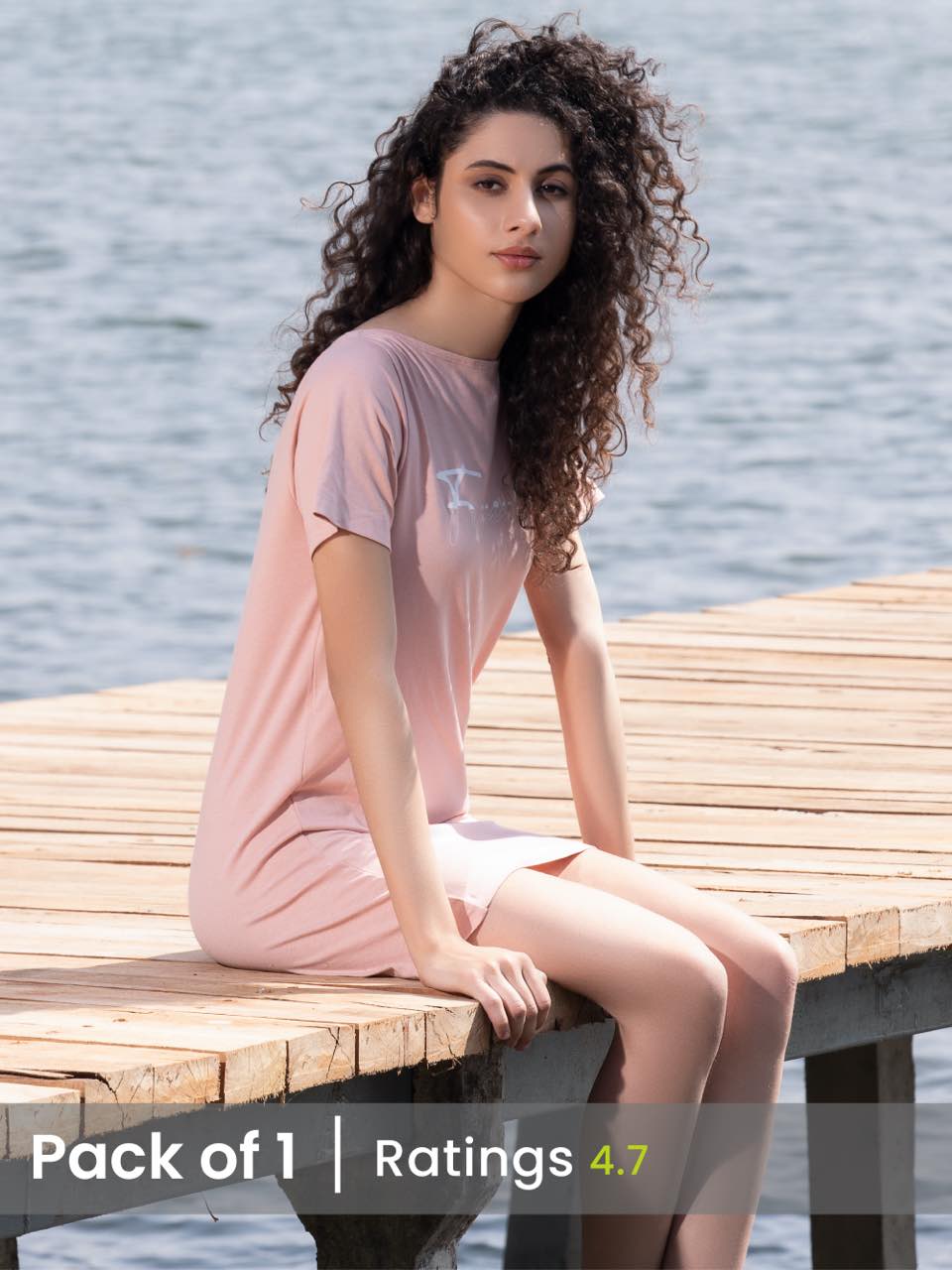As consumer demand for genuinely sustainable and high-performance apparel accelerates, the bamboo t-shirt emerges as a standout innovation, fundamentally reshaping expectations for everyday comfort. Unlike conventional cotton, bamboo viscose boasts a unique micro-structure that delivers superior moisture-wicking, absorbing sweat up to three times faster, alongside remarkable thermal regulation – keeping wearers cooler in summer and warmer in cooler conditions. This inherent breathability, coupled with its luxurious softness and natural antibacterial properties, positions bamboo as a premier alternative to synthetic fabrics and resource-intensive cotton. Recent advancements in eco-friendly processing further solidify its role in promoting circular fashion, offering wearers a truly eco-conscious choice without compromising on technical performance.

Why Your Next Go-To Shirt Should Be a Bamboo T-shirt
Ever slipped into a shirt that just feels… different? Like a gentle hug, incredibly soft. Strangely cool even on a warm day? Chances are, you might have experienced the magic of a bamboo tshirt. For years, cotton has been King of the casual wardrobe. Synthetics like polyester have dominated activewear. But there's a quiet revolution happening in our closets. It's being led by bamboo. This isn't just about a new fabric trend; it's about comfort, performance. Making a more conscious choice for our planet. So, why is everyone suddenly talking about the bamboo tshirt. Why should it be next on your shopping list?
The Magic Behind Bamboo: How It Becomes a Super Fabric
It's fascinating to think that a towering bamboo stalk can transform into something as soft as your favorite blanket. The journey from plant to a wearable bamboo tshirt involves a few clever steps, primarily focusing on extracting cellulose from the bamboo. Here’s a quick peek:
- Harvesting the Bamboo: Unlike trees, bamboo is a grass that grows incredibly fast, sometimes several feet a day! It doesn't need replanting after harvest, as its root system remains intact, allowing new shoots to sprout. This rapid regeneration is a big part of its eco-friendly appeal.
- Processing the Fiber: This is where the plant cellulose gets turned into a usable fiber. There are two main methods. It's good to know the difference:
- Bamboo Viscose (or Bamboo Rayon): This is the most common method for producing a bamboo tshirt. It involves dissolving the bamboo pulp in a chemical solution (typically sodium hydroxide and carbon disulfide) to regenerate the cellulose into fibers. While effective at creating incredibly soft fabric, the chemicals used in this process raise environmental concerns if not managed in a closed-loop system where chemicals are recycled.
- Bamboo Lyocell: This is a more environmentally friendly method, similar to the Tencel process for eucalyptus. It uses a non-toxic solvent (amine oxide) that is recycled in a "closed-loop" system, meaning over 99% of the solvent is recovered and reused. This significantly reduces waste and pollution, making a bamboo tshirt made with Lyocell a top-tier eco-choice.
- Spinning and Weaving: Once the fibers are extracted, they are spun into yarn and then woven or knitted into the fabric that eventually becomes your comfortable bamboo tshirt.
Understanding this process helps appreciate the unique properties derived from the bamboo plant itself, which are then enhanced by the manufacturing method.
Unpacking the "Eco-Friendly" Label: Is Bamboo Really Green?
When you hear "eco-friendly" and "bamboo tshirt" in the same sentence, it often sparks curiosity. Is it truly as green as it sounds? The answer is nuanced. Generally, yes, bamboo offers significant environmental advantages over conventional fabrics.
- Rapid Renewable Resource: Bamboo is one of the fastest-growing plants on Earth. It can be harvested without killing the plant, as its extensive root system allows for continuous regrowth. This means less land disturbance and no need for replanting after each harvest.
- Low Water Usage: Compared to conventional cotton, which is notoriously thirsty, bamboo requires significantly less water to grow. In many regions, it can thrive on rainwater alone.
- No Pesticides or Fertilizers: Bamboo is naturally pest-resistant, meaning it doesn't require harmful pesticides to grow. It also doesn't need artificial fertilizers, further reducing its environmental footprint.
- Soil Health: Bamboo's deep root system helps prevent soil erosion. It can even improve soil quality over time.
- Carbon Sequestration: Bamboo plants absorb more carbon dioxide from the atmosphere and release more oxygen than an equivalent stand of trees.
But, as mentioned earlier, the processing method matters. While the bamboo plant itself is incredibly sustainable, the conversion into fabric can be less so if older, chemical-intensive methods are used without proper waste management. When shopping for a bamboo tshirt, looking for certifications like Oeko-Tex Standard 100 (ensuring no harmful substances) or brands that specify a closed-loop Lyocell process can help you make an even greener choice. Ultimately, choosing a bamboo tshirt over a conventional cotton or synthetic one generally represents a step towards a more sustainable wardrobe.
Beyond Softness: The Superior Breathability and Other Hidden Perks of Your Bamboo T-shirt
While the incredible softness is often the first thing people notice about a bamboo tshirt, its superpowers extend far beyond that. This fabric is packed with features that make it ideal for everyday wear, active lifestyles. Even those with sensitive skin.
- Superior Breathability: Bamboo fibers have a unique cross-section filled with micro-gaps and holes. Think of them as tiny pores that allow air to circulate freely. This means your bamboo tshirt won't trap heat against your body, keeping you feeling cool and fresh, even on a scorching summer day or during a light workout. It's like having built-in air conditioning!
- Moisture-Wicking Marvel: Those same micro-gaps that allow for breathability also make bamboo exceptionally good at wicking away moisture from your skin. Sweat is quickly drawn to the surface of the fabric where it can evaporate, preventing that clammy, sticky feeling. This makes a bamboo tshirt an excellent choice for travel, hiking, or just navigating a busy day.
- Temperature Regulation: Because of its breathability and moisture-wicking properties, bamboo fabric is naturally thermoregulating. It keeps you cooler in hot weather and surprisingly warmer in cooler weather by adapting to your body temperature. It's truly a fabric for all seasons.
- Hypoallergenic & Gentle on Skin: Many people with sensitive skin, eczema, or allergies find relief with bamboo fabric. It's naturally smooth and round, unlike some fibers that can have rough edges, reducing irritation. Plus, its natural properties mean fewer chemicals are needed during growth and often during processing (especially Lyocell), further minimizing irritants. My friend, who struggles with severe skin sensitivities, swears by his bamboo tshirts, saying they're the only shirts he can wear all day without discomfort.
- Odor Resistance: Here's a cool one! Bamboo contains a natural antimicrobial agent called "bamboo kun" that helps inhibit the growth of odor-causing bacteria. While some of this agent might be reduced during processing, bamboo fabric still tends to stay fresher for longer than cotton or synthetics. This means you can wear your bamboo tshirt for longer periods without worrying about unpleasant smells, which is fantastic for travel or multi-day adventures.
- Durability: Despite its luxurious feel, bamboo fabric is surprisingly durable. Its long fibers make for strong yarn. With proper care, your bamboo tshirt can last a long time, retaining its shape and softness through countless washes.
Bamboo T-shirt vs. The Usual Suspects: Cotton, Polyester. More
To truly appreciate the bamboo tshirt, let's stack it up against some of the most common fabrics in our wardrobes. Each has its pros and cons. Bamboo often comes out on top for a blend of comfort, performance. Eco-friendliness.
| Feature | Bamboo T-shirt | Conventional Cotton T-shirt | Polyester T-shirt |
|---|---|---|---|
| Softness | Exceptionally soft, often compared to cashmere or silk. Drapes beautifully. | Soft. Can feel coarser than bamboo. Softness varies with weave and quality. | Can feel synthetic or plasticky. Microfiber versions are softer. Still distinct from natural fibers. |
| Breathability | Superior. Micro-gaps allow excellent airflow, keeping you cool. | Good. Can absorb and hold moisture, feeling heavy when wet. | Poor. Tends to trap heat and moisture, leading to a clammy feel. |
| Moisture-Wicking | Excellent. Wicks sweat away rapidly, dries quickly. | Absorbs moisture. Dries slowly, can feel damp. | Good at wicking. Can feel clammy due to lack of breathability. |
| Temperature Regulation | Naturally thermoregulating; keeps you cool in heat, warm in cool. | Comfortable in moderate temperatures. Less adaptable to extremes. | Can feel hot and stuffy in warm weather. |
| Odor Resistance | High due to natural antimicrobial properties. Stays fresh longer. | Low. Prone to bacterial growth and odor retention. | Moderate to high (often treated with antimicrobial finishes, which can wash out). |
| Eco-Impact | Generally high (rapid growth, low water/pesticide use). Processing method (Lyocell vs. Viscose) impacts overall footprint. | Variable. Organic cotton is good; conventional cotton has high water, pesticide. Land use. | Low (made from petroleum, non-biodegradable). Recycled polyester improves this. Still synthetic. |
| Durability | Good. Strong fibers, holds shape well with proper care. | Good. Can shrink or stretch depending on weave and care. | Excellent. Very resistant to shrinking, stretching. Wrinkles. |
| Cost | Typically higher due to specialized processing and benefits. | Affordable to moderate. | Affordable. |
Choosing Your Perfect Bamboo T-shirt: What to Look For
Ready to dive into the world of bamboo t-shirts? Here's what to keep in mind to pick the perfect one that will become a staple in your wardrobe:
- Fabric Blend: While 100% bamboo (rayon/viscose or lyocell) offers the purest experience of bamboo's benefits, you'll often find blends. A bamboo-cotton blend might offer a bit more structure, while a bamboo-spandex blend provides extra stretch for activewear. Decide what's most essential for your use case. For ultimate softness and breathability, aim for a high percentage of bamboo.
- Processing Method: If environmental impact is a top concern, look for "Bamboo Lyocell." Many brands will proudly highlight this if they use the more eco-friendly closed-loop process. If it just says "Bamboo Viscose" or "Bamboo Rayon," it's still a great fabric. The Lyocell method is greener.
- Certifications: Keep an eye out for certifications like Oeko-Tex Standard 100. This ensures that the final fabric has been tested and is free from harmful substances, which is especially great for sensitive skin. Other certifications like GOTS (Global Organic Textile Standard) might apply to blends if organic cotton is used.
- Weave and Weight: Just like with any fabric, the weave (jersey, interlock, etc.) and weight will affect the drape and feel. A lightweight jersey bamboo tshirt will be super breathable and flowing, while a slightly heavier interlock knit might offer more structure and warmth.
- Brand Reputation & Transparency: Do a little research on the brand. Do they talk about their sourcing and manufacturing practices? Brands committed to sustainability and ethical production often provide more detailed data about their bamboo fabrics.
- Care Instructions: Bamboo fabric is durable. It does benefit from gentle care to maintain its softness and longevity. Most bamboo tshirts prefer a cold wash on a gentle cycle and line drying or tumble drying on low heat. Avoiding high heat can prevent potential shrinkage and help the fabric last longer.
My Personal Journey with Bamboo T-shirts
I remember the first time I truly appreciated a bamboo tshirt. It was a scorching summer day. I was traveling through Southeast Asia. My usual cotton shirts were sticking to me, feeling heavy and damp. On a whim, I bought a basic grey bamboo tshirt from a local market. The moment I put it on, it felt like a revelation. The fabric was incredibly light, almost silky. It genuinely felt cooler against my skin. Even after a long day of exploring temples and bustling markets, I didn't have that clammy, sweaty feeling I usually got. It dried remarkably quickly after a hand wash in the evening, ready for the next day's adventure. Since then, bamboo tshirts have become my absolute go-to for travel, workouts. Just lounging around. They've genuinely transformed my comfort level, especially in humid climates. I can confidently say they live up to all the hype about softness and breathability!
Conclusion
Having explored the unparalleled eco-friendly softness and superior breathability of bamboo T-shirts, it’s clear they offer more than just comfort; they represent a conscious choice. My personal tip? Give one a try on a humid summer day or for your next weekend getaway. You'll instantly notice the difference in how it manages moisture compared to conventional cotton, a truly unique insight I gained after a recent trip where my bamboo tee dried overnight, ready for another day. This isn't just about feeling good; it aligns perfectly with the current trend towards sustainable living and mindful consumption. By choosing bamboo, you're not merely buying a garment; you're investing in a fabric innovation that supports a healthier planet, moving beyond the fast fashion cycle towards truly resilient and comfortable wear. Make the switch today and experience the future of sustainable softness, contributing to a wardrobe that feels good in every sense.More Articles
The Future of Sustainable FashionWhy Organic Cotton Matters
Caring for Your Eco-Friendly Clothes
The Benefits of Natural Fibers
Travel Light: Essential Packing Tips
FAQs
What makes bamboo t-shirts different from regular cotton ones?
Bamboo t-shirts stand out primarily due to their incredible softness, which often feels silkier than cotton. They're also much more breathable, better at wicking moisture away. Have natural odor-resistant properties, making them super comfortable for all-day wear.
How soft is 'eco-friendly softness' actually?
Prepare to be surprised! Bamboo fabric is renowned for its luxurious, silky-smooth feel against the skin. Many describe it as softer than high-thread-count cotton, providing a truly comforting and non-irritating experience.
Are these t-shirts truly breathable, even in warm climates?
Absolutely! Bamboo fabric has a unique micro-gap structure that allows for excellent ventilation, keeping you cool and comfortable. It's also highly effective at wicking away sweat, helping your skin stay dry, which is perfect for hot and humid conditions.
Why are bamboo t-shirts considered eco-friendly?
Bamboo is an incredibly sustainable resource. It grows rapidly without needing much water, pesticides, or fertilizers. It also regenerates quickly after harvesting and can help prevent soil erosion, making it a much greener choice compared to many conventional fabrics.
Do they help with body odor?
Yes, they do! Bamboo fabric naturally contains an antimicrobial agent called 'bamboo kun,' which helps inhibit the growth of odor-causing bacteria. This means your t-shirt stays fresher for longer, even after an active day.
How should I wash and care for my bamboo t-shirt?
To keep your bamboo tee feeling great, machine wash it cold with similar colors on a gentle cycle. Avoid bleach. Tumble dry on low heat or, even better, hang dry to maintain its shape and softness for years to come.
Will a bamboo t-shirt shrink or lose its shape over time?
With proper care (cold wash, low heat/hang dry), bamboo t-shirts are quite resilient. They are less prone to shrinking than cotton and tend to retain their shape and drape beautifully, ensuring lasting wear.





